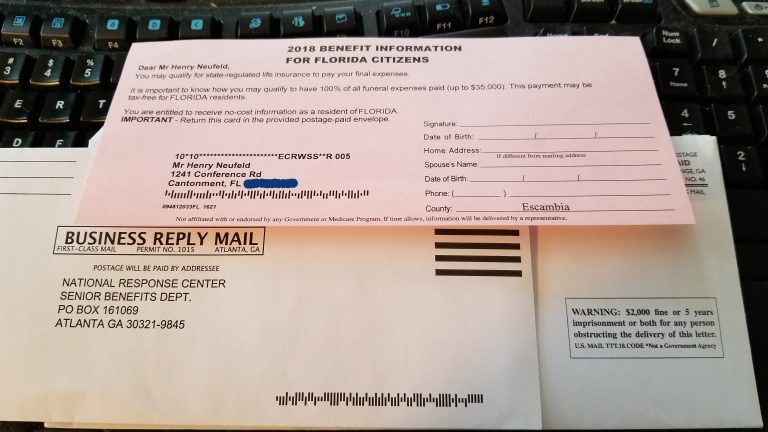Miracles and Community
I’ve been reading Mark through as part of preparation to resume my series on the Gospel of Mark for the Bible Pacesetter Podcast. Right now I’m listening to and then podcasting recordings of the radio program from which this developed just before we closed that program down three years ago. It’s an interesting process getting back into a series after a three month break!
A couple of days ago I was reading the following:
(1) And he went out from there and came to his hometown, and his disciples followed him. (2) And since it was the Sabbath, he started teaching in the synagogue, and many who heard him were amazed, and said, “Where do these things come from, and what is the wisdom that is given to him, and these miracles that happen through his hands? (3) Is not this the craftsman, the son of Mary and the brother of James, Joses, Judas, and Simon? And aren’t his sisters here with us?” They were scandalized about him. (4) And Jesus said to them, “A prophet does not fail to receive honor except in his own country and among his kinsmen in his household.” (5) And he was not able to perform any miracle, except that he laid hands on a few people and healed them. (6) And he was amazed because of their lack of faith. — Mark 6:1-6
That’s my working translation that I make as part of my preliminary study, so check it out in your own version. What I was asking myself as I read this was just what it was that prevented Jesus from doing as many miracles at home as he did elsewhere?
The easy answer, of course, is that the people lacked faith. But then a second question comes up: Why could he heal a few sick people anyhow?
There is very little said here about the causes of this story, but I often tell folks to learn from the story and not just the text, so I want to think just a little bit about this story. What makes Nazareth different? Jesus has encountered many people who believed in him, and many people who did not. He has encountered opposition as well as support. But here in Nazareth he encounters this wall of unbelief that prevents him from performing miracles, with a few exceptions.
One cause we can see from the story is familiarity. The people cannot see how God can come to them in the person of a common person that they knew all their lives. It’s the standard problem of the young pastor coming to his home church, and being informed by various people that they changed his diapers when he was a baby. This allows them first to feel very proud of their contribution to making “a fine young pastor” and at the same time to doubt that they can learn anything real from him.
That would certainly reduce the number of miracles. Less people would ask. Why should that little fellow who used to play in the street be able to heal me? We often diminish what we can receive from God because we despise the channels by which he sends it. God may be trying to send you peace and comfort by means of your dog. Are you ready to receive it? He can be trying to invade your life through the person who comes in and does your yard. Is that OK with you?
Apparently it wasn’t OK with the people at Nazareth. They weren’t ready for that. But I suspect there was a bigger issue here. You see, Jesus has been preaching the kingdom of God and repentance. Repentance is often not a welcome message. It means that we’re doing something wrong, we have to acknowledge it, and get moving in a better direction. If I’m going to be put straight, I want the correction to come from someone who is both smarter than I am and more spiritual.
In Nazareth, there was a general rejection of a message of repentance that came from the home town boy. They were amazed at what he had to say, but they couldn’t bring themselves to believe that he was the right person to say it. They couldn’t bring themselves to accept the kingdom of God in that form.
And that’s where the miracle problem came in, I believe. When Jesus healed people and drove out demons it was a sign of the arrival of the kingdom of God. A new community was on the way, and new way of looking at one another. God was invading history and changing everything around, bringing on a new creation. Reject the kingdom, and what happens to the signs?
I know of many churches that are longing for God to become active in their congregation and community. How can that happen? It’s the sign of God’s community. Look for the barriers to being the kingdom of God wherever you are. You can’t have the sign without the event. You can’t have the healing power of Jesus without the person of Jesus.

